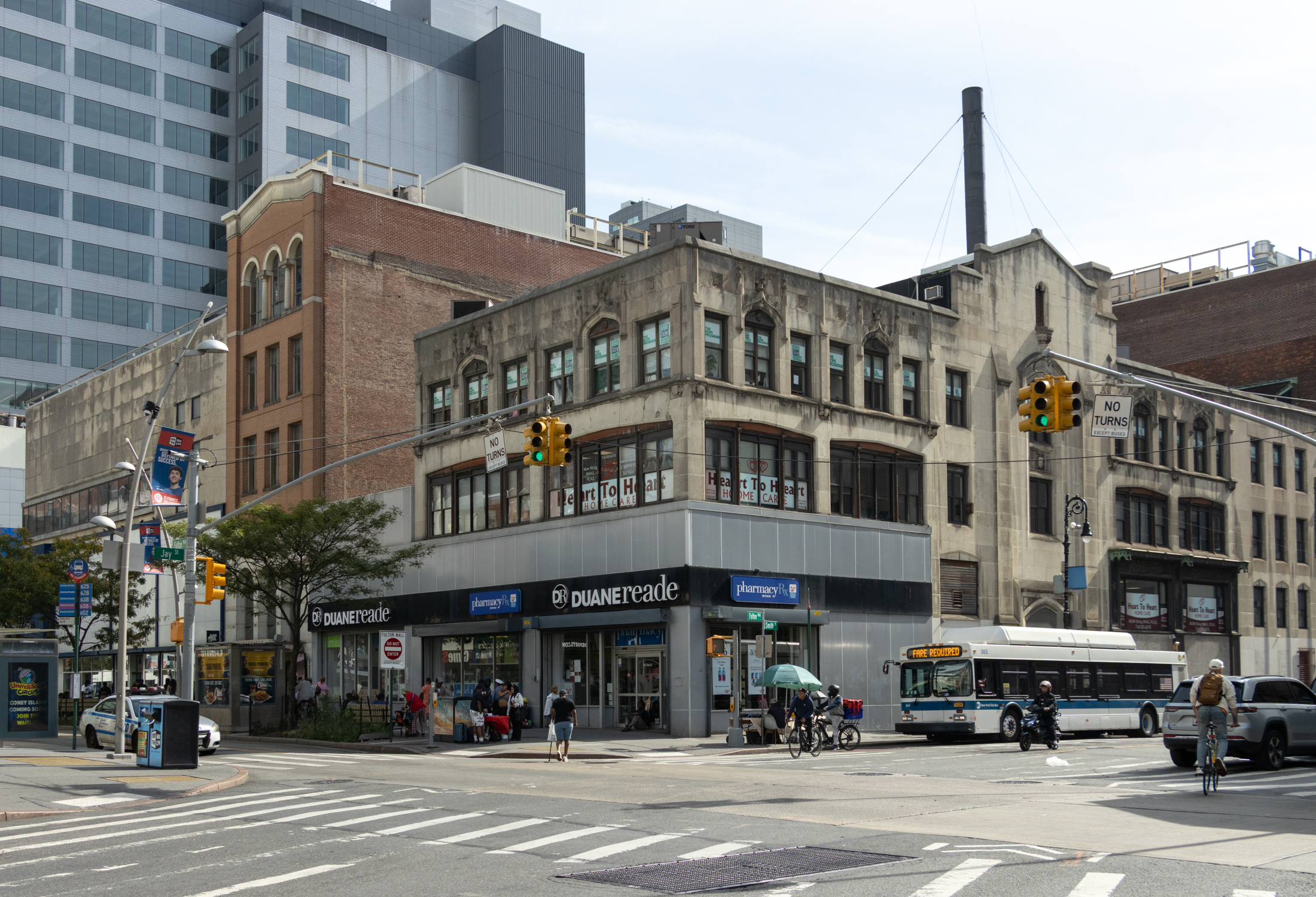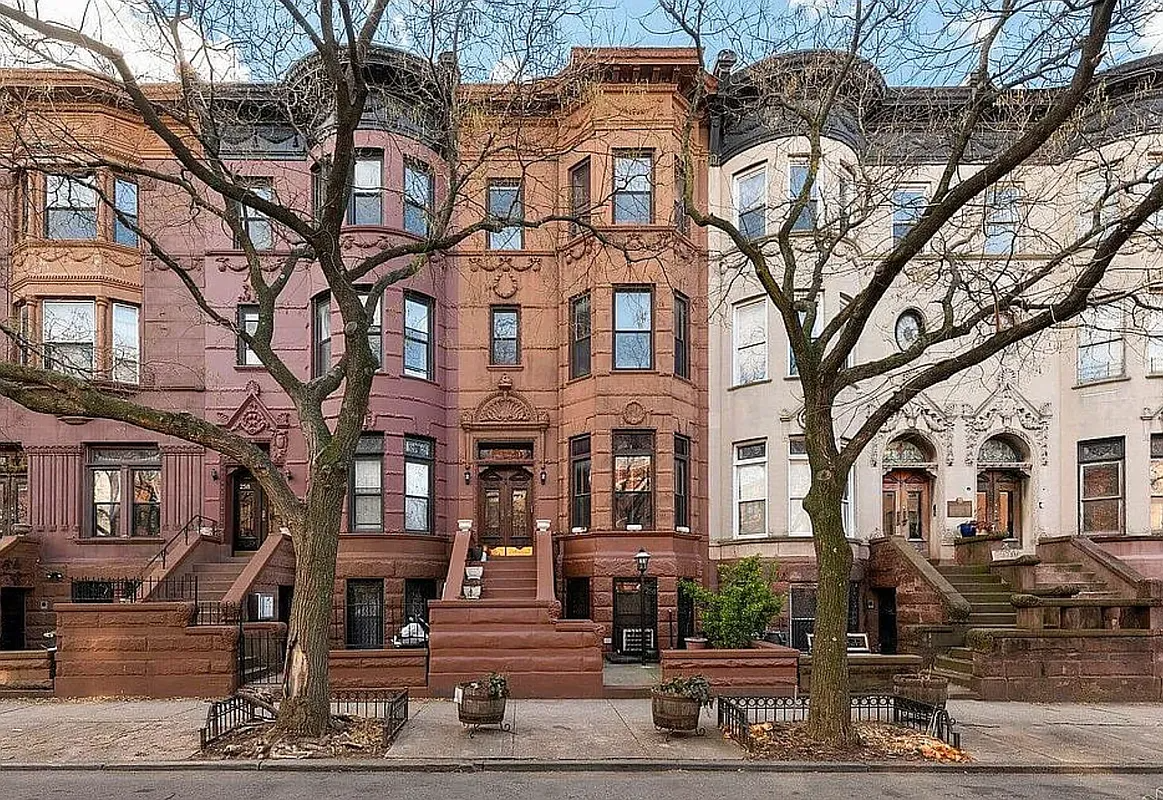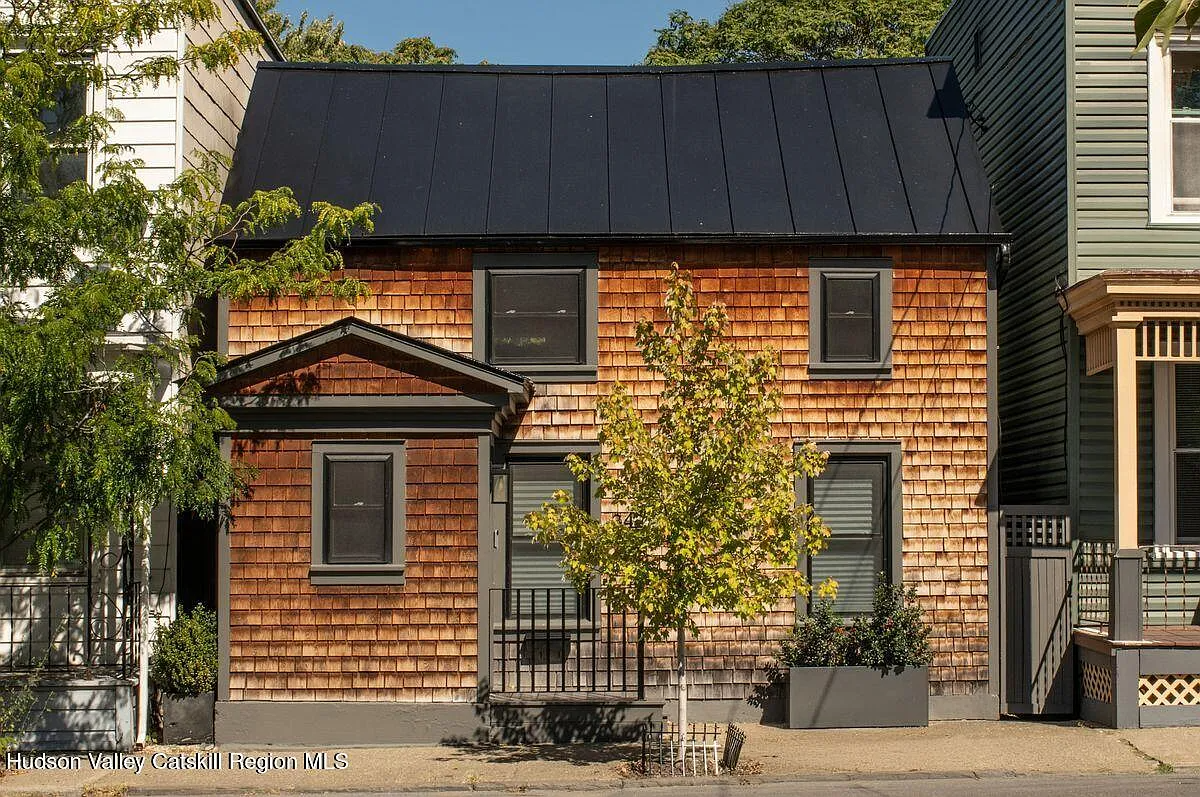To Bail or Not To Bail on Your Home?
If the value of your home is less than the amount of your mortgage does it make sense to keep making your payments or should you just walk away? If you can’t get the bank to reduce the principal of your loan, what should you do? Well, no one can tell you that because every…

 If the value of your home is less than the amount of your mortgage does it make sense to keep making your payments or should you just walk away? If you can’t get the bank to reduce the principal of your loan, what should you do? Well, no one can tell you that because every situation is different, but, as The Times points out this weekend, the penalties for defaulting on your mortgage may not be as onerous as they once were. First of all, more and more banks and saying OK to short sales, in which the owner sells the house for less than the value of the mortgage; secondly, even if you go into foreclosure, the bank is unlikely to chase you down to make up the difference between the sales price and the mortgage amount. If the lender does forgive some piece of your debt, however, some states will still try to treat the forgiven debt as taxable income. Lastly, some legal experts expect that the credit rating agencies won’t hit you as hard for a foreclosure now as they might have in the past. It just seems obvious that a foreclosure in 2008 or 2009 doesn’t have as much information value as a foreclosure five years ago, said legal prof Todd J. Zywicki. Are any readers currently underwater and considering voluntarily bailing on their home?
If the value of your home is less than the amount of your mortgage does it make sense to keep making your payments or should you just walk away? If you can’t get the bank to reduce the principal of your loan, what should you do? Well, no one can tell you that because every situation is different, but, as The Times points out this weekend, the penalties for defaulting on your mortgage may not be as onerous as they once were. First of all, more and more banks and saying OK to short sales, in which the owner sells the house for less than the value of the mortgage; secondly, even if you go into foreclosure, the bank is unlikely to chase you down to make up the difference between the sales price and the mortgage amount. If the lender does forgive some piece of your debt, however, some states will still try to treat the forgiven debt as taxable income. Lastly, some legal experts expect that the credit rating agencies won’t hit you as hard for a foreclosure now as they might have in the past. It just seems obvious that a foreclosure in 2008 or 2009 doesn’t have as much information value as a foreclosure five years ago, said legal prof Todd J. Zywicki. Are any readers currently underwater and considering voluntarily bailing on their home?
Thoughts on Walking Away From Your Home Loan [NY Times]
Photo by Jennscrzy





BobMarvin: Your fundamental assumption is that the owner still considers the home to be worth the mortgage payments and maintenance costs. That assumption is wrong is many cases (perhaps in the case of my imaginary McMansion owner). Sometimes it just isn’t worth it to keep writing the checks. Sometimes it’s just a box of tulip bulbs that you are forced to sleep in at night.
really Lechacal? I thought it was just hand the keys back and walk away. This one of the key differences I was told between the UK and US – here you can start over again as many times as you want until you succeed, there you fail once and branded for life.
A lot of people in the UK thought it was that way after the 1980’s housing crash and walked away only to be tracked down 10 years later once things had picked up again and they were back on their feet.
“It’s like holding stock. The prices rise and fall but you don’t gain or lose any money until you sell it.”
Or bankruptcy or Obama wipes you out. Hello General Motors!
***Bid half off peak comps***
townhouselady: How would an auction help my imaginary McMansion owner? Assuming the auction would net him several hundred thousand less than he owes on his mortgage, he would still have a choice of either paying that amount out of his pocket or defaulting on the loan (unless the bank agrees to a short sale, but that will hit his credit too). Am I missing something?
I share Bxgrl’s confusion [“if you can afford your payments, even if the value of the house has fallen, what advantage is there to walking away from your mortgage?”].
Even if the value of your house falls, it presumably retains it’s functional value. IMO the idea of a house as an investment is fundamentally flawed. That’s not to say that it’s value appreciating isn’t great, but a fall in value isn’t the same as the house collapsing or becoming otherwise unhabitable.
Chicken: same here, more or less (though it varies by state). But there are practical limitations to a bank’s ability and willingness to keep going after a defaulting borrower for the deficit after a foreclosure sale. Most mortgage borrowing in the United States is *not* non-recourse, regardless of what many owners seem to think. If the bank isn’t made whole by the foreclosure sale, they generally can go after you for the deficit. Again, whether they choose to do so is a different matter.
lechecal,
I understand what you’re saying but wouldn’t it be better to hold an auction take somewhat of a financial hit but avoid the mar on your credit?
you have it lucky over here. Hand the keys back and walk away.
In the UK, the bank will sell your house at auction to the highest bidder and can pursue you for the difference up to 12 years later.
bxgrl: Depends on the house and depends on the payments. Take yourself out of Brooklyn for a moment and consider someone who got caught up in McMansion hype somewhere out there in America. Picture a 7,000 square foot home that was built almost overnight on a half acre in some soulless subdivision. Massive heating bill. Massive cooling bill. Lawn care expenses. Shoddy construction already showing its ugly face. Maybe the owner is still comfortably employed and can afford the mortgage, but he put 5% down when he bought the place for over a million bucks in 2005 and now he is several hundred thousand dollars underwater. He can keep making those payments for something he bitterly regrets buying, or he can walk away from the equity he doesn’t have and start again.
What would you do?